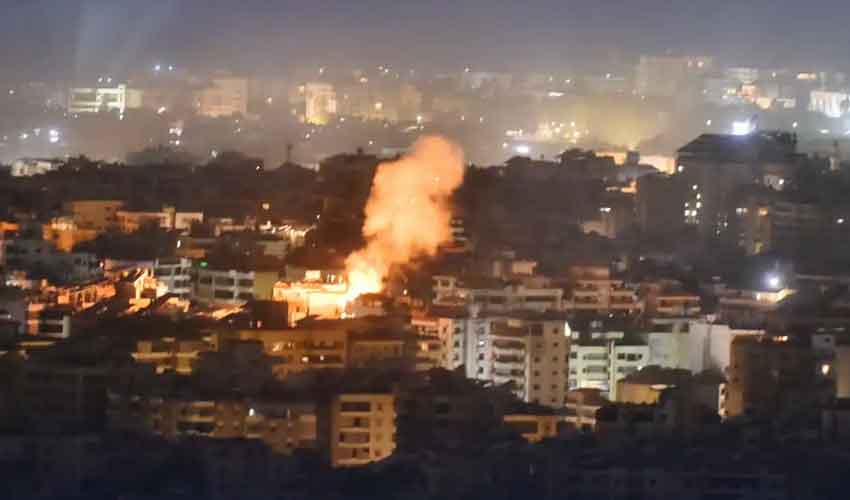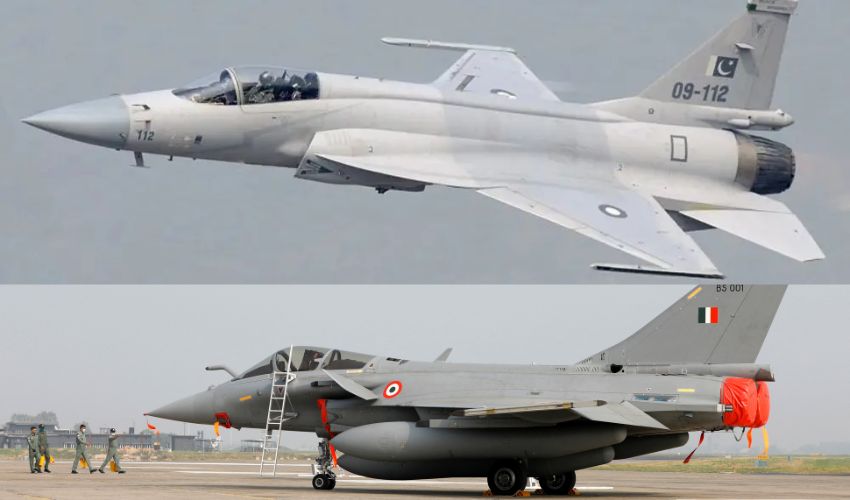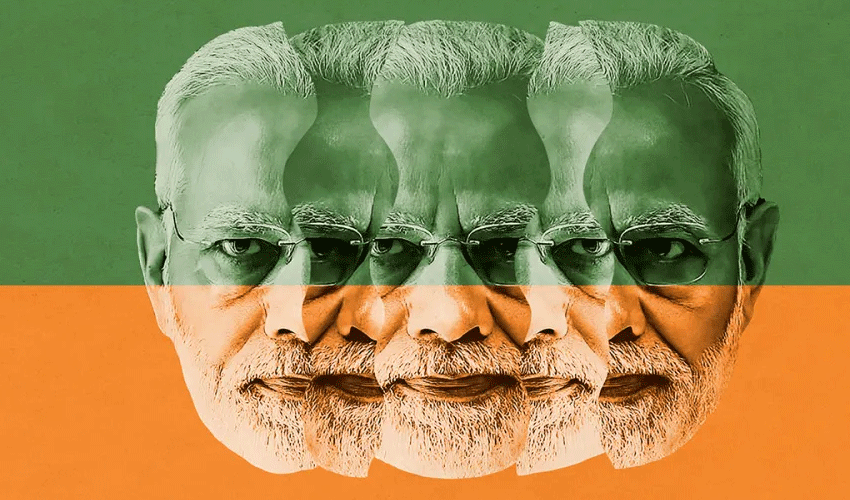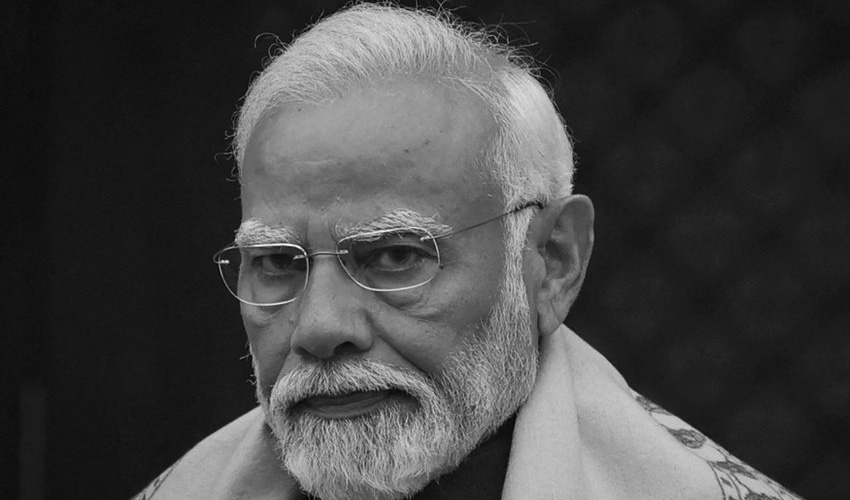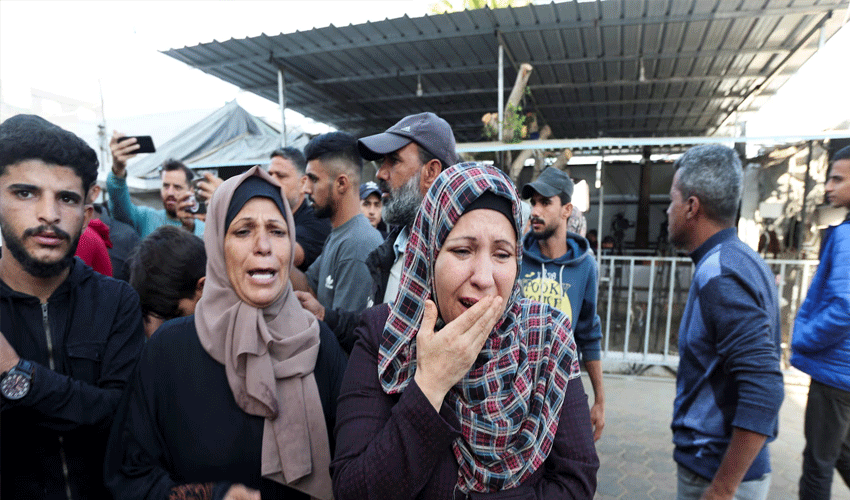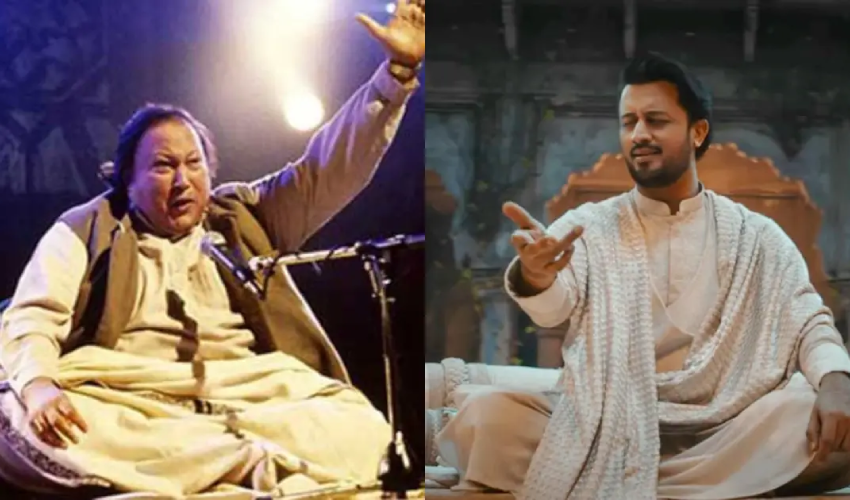Israeli Prime Minister Benjamin Netanyahu has tentatively approved a proposed ceasefire agreement with Hezbollah during a security meeting with Israeli officials on Sunday night, according to a source familiar with the discussions.
However, Israel reportedly has reservations about certain aspects of the deal, which are expected to be communicated to the Lebanese government on Monday.
While negotiations continue, the agreement remains provisional until all outstanding issues are addressed. The Israeli cabinet's approval will also be required for the ceasefire to move forward. Sources involved in the talks expressed optimism about the progress but warned that ongoing exchanges of fire between Israel and Hezbollah could derail the negotiations with a single misstep.
US envoy Amos Hochstein, who has been mediating the discussions, stated during his visit to Beirut last week that a ceasefire deal between Israel and Lebanon was “within our grasp”, though it ultimately depends on “the decision of the parties".
He held meetings with Lebanese Prime Minister Najib Mikati and Parliament Speaker Nabih Berri, who serves as Hezbollah’s point of contact in the negotiations. Hochstein described the talks as “constructive” and “very good discussions to narrow the gaps".
“We have a real opportunity to bring conflict to an end,” Hochstein said last week. “The window is now.” He later traveled to Israel to finalize the negotiations. The US-backed proposal seeks a 60-day cessation of hostilities, which could serve as a foundation for a lasting ceasefire.
On Sunday, Axios journalist Barak Ravid reported that Hochstein warned the Israeli ambassador to Washington that he would withdraw from mediating if Israel failed to respond positively to the proposal in the coming days. Lebanon had previously responded favourably to the U.S.-backed plan, with Prime Minister Mikati confirming that most aspects of the draft agreement had been resolved.
The conflict escalated in mid-September when Israel launched a significant military offensive in Lebanon following months of cross-border skirmishes that began on October 8 of the previous year.
The clashes were triggered by Hezbollah's attack on Israeli-controlled territory in support of Hamas and Palestinians in Gaza. Israel’s military campaign has included a ground invasion, the killing of key Hezbollah figures – including founding member Hassan Nasrallah – and attacks causing widespread destruction and thousands of injuries.






